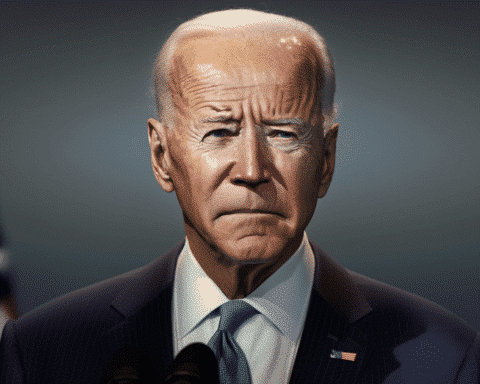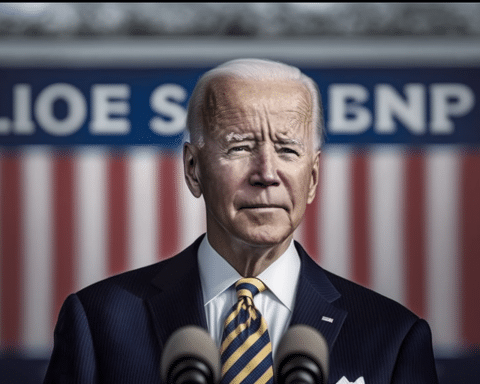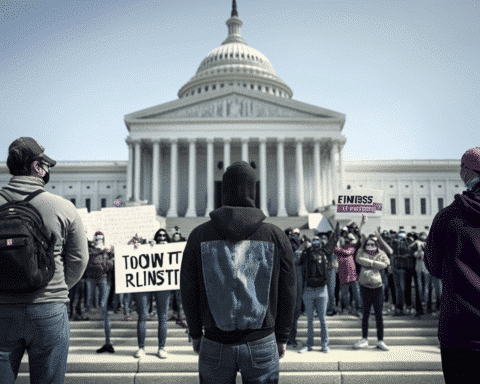A recent poll conducted by The Associated Press-NORC Center for Public Affairs Research has unveiled a mixed sentiment among Americans regarding the nation’s involvement in the ongoing conflicts in Ukraine and Gaza. The survey delves into the intricate tapestry of public opinion and political discourse surrounding these international crises, showcasing a nuanced perspective on the appropriate level of U.S. engagement.
The findings reveal that while there is a minority of Americans advocating for heightened U.S. involvement in addressing the conflicts, a majority of both Democrats and Republicans are in agreement that the country should refrain from escalating its role in resolving these global issues. Approximately 40% of adults in the United States favor a “less active” approach to addressing global conflicts, while just a quarter of them endorse a more proactive stance.
President Joe Biden faces a delicate balancing act as he seeks to navigate the complex dynamics of public sentiment and international obligations. Amid growing tensions and humanitarian concerns, the Biden administration is working to broker a cease-fire between Israel and Hamas, grappling with the challenge of aligning domestic sentiment with international responsibilities.
The poll underscores a significant partisan divide regarding the desired level of U.S. involvement in international affairs. Republicans are notably more inclined than Democrats to advocate for a reduced U.S. presence abroad, citing historical precedents such as Vietnam, Iraq, and Afghanistan. Conversely, Democrats tend to be more supportive of providing aid to Ukraine, viewing it as a crucial step in addressing Russian aggression and fostering stability in the region.
There is also a disparity among political parties on where the U.S. should allocate its military resources. Republicans lean towards diminishing support for Ukraine and hold mixed views on intervention in the Israel-Hamas conflict. Democrats prioritize diplomatic efforts to negotiate a cease-fire and provide humanitarian aid to Palestinians, while advocating for increased military assistance to Ukraine.
The survey further reveals varying perspectives on the conflict in Gaza. Some Americans advocate for a more assertive U.S. role in confronting Israeli military actions, while others argue against U.S. intervention in what they perceive as Israel’s internal conflict with Hamas.
Overall, the poll underscores the nuanced nature of public opinion on U.S. involvement in international conflicts. While there is a general reluctance to escalate military engagement, there are divergent views on the appropriate level of diplomatic and humanitarian assistance that the U.S. should provide.
As the Biden administration grapples with these complex foreign policy challenges, the survey results serve as a reminder of the importance of striking a delicate balance between national interests and global responsibilities in navigating the complexities of the modern world.




